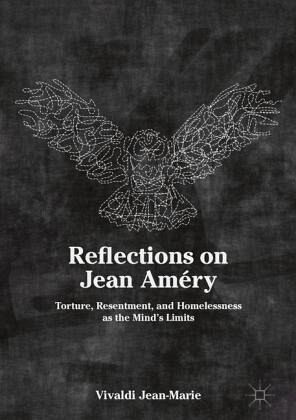
Reflections on Jean Améry
Torture, Resentment, and Homelessness as the Mind's Limits
Versandkostenfrei!
Versandfertig in 6-10 Tagen
46,99 €
inkl. MwSt.
Weitere Ausgaben:

PAYBACK Punkte
23 °P sammeln!
This book elaborates Jean Améry's critique of philosophy and his discussion of some central philosophical themes in At the Mind's Limits and his other writings. It shows how Améry elaborates the shortcomings and unfitness of philosophical theories to account for torture, the experience of homelessness, and other indignities, and their inability to assist with overcoming resentment. It thus teases out the philosophical import of Jean Améry's critique of philosophy, which constitutes his own philosophical testament of being an inmate at Auschwitz. This book situates At the Mind's Limits in th...
This book elaborates Jean Améry's critique of philosophy and his discussion of some central philosophical themes in At the Mind's Limits and his other writings. It shows how Améry elaborates the shortcomings and unfitness of philosophical theories to account for torture, the experience of homelessness, and other indignities, and their inability to assist with overcoming resentment. It thus teases out the philosophical import of Jean Améry's critique of philosophy, which constitutes his own philosophical testament of being an inmate at Auschwitz. This book situates At the Mind's Limits in the context of twentieth-century Continental philosophy. On the one hand, it elaborates Améry's engagement with key philosophical figures. On the other hand, it shows how thoroughly Améry denounces the limits of the philosophical enterprise, and its impotence in capturing and accounting for the crimes of the Third Reich.












